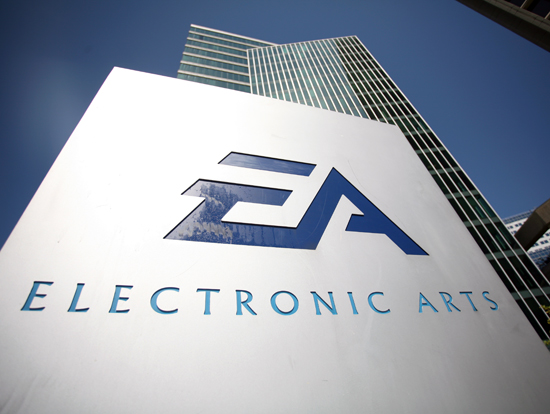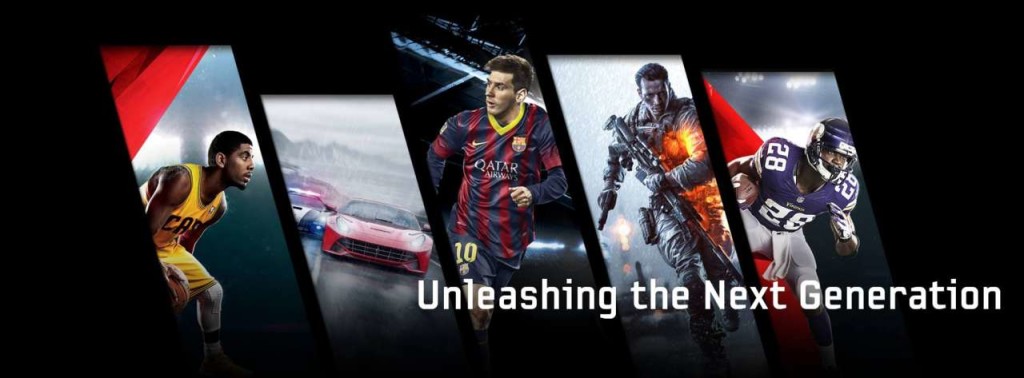Earlier this week it was revealed that Microsoft paid YouTube producers to create video content that promotes the Xbox One, and now it’s confirmed that Electronic Arts is operating a similar program. An EA representative confirmed the program, called Ronku, to The Verge after documents detailing its guidelines leaked on noted game forum NeoGAF yesterday.
Under the terms of the program, YouTube producers were paid to publish video content for Battlefield 4 and Need for Speed: Rivals. Each “assignment” had specific objectives, like focusing on in-game activities including taking down an entire skyscraper in Battlefield 4 or crossing the finish line in Need for Speed: Rivals. For Battlefield 4, producers were told not to make videos featuring any glitches they might encounter during gameplay.
Participants in the program could earn $10 per thousand video views from a maximum of three videos. Other games featured in the program were FIFA 14, Madden NFL 25, NHL 14, and Plants vs. Zombies 2, all of which granted payments of $10 per thousand views.
As The Verge points out, the issue here is not EA finding a new way to promote its games, but rather the way in which the company is reportedly going about it. The Federal Trade Commission mandates that endorsers “clearly and conspicuously” inform their audience that they are working on behalf of a company. However, the documents from NeoGAF suggest that producers of EA’s Ronku program are barred from making such a disclosure.
“You agree to keep confidential at all times all matters relating to this Agreement and any Assignment including, without limitation, the Details and Compensation listed above,” the document supposedly reads.
We have not been able to independently verify that this line from the agreement is in fact genuine, but the Ronku program itself is indeed real.
“Through EA’s Ronku program, some fans are compensated for the YouTube videos they create and share about our games,” an EA representative told The Verge. “The program requires that participants comply with FTC guidelines and identify when content is sponsored. User-generated videos are a valuable and unique aspect of how gamers share their experiences playing the games they love, and one that EA supports.”
“We explicitly state in the Terms & Conditions of the program that each video must comply with the FTC’s Guidelines concerning Use of Testimonials and Endorsements in Advertising,” the representative added.
Microsoft and Machinima described their promotional partnership as nothing more than a standard agreement.







